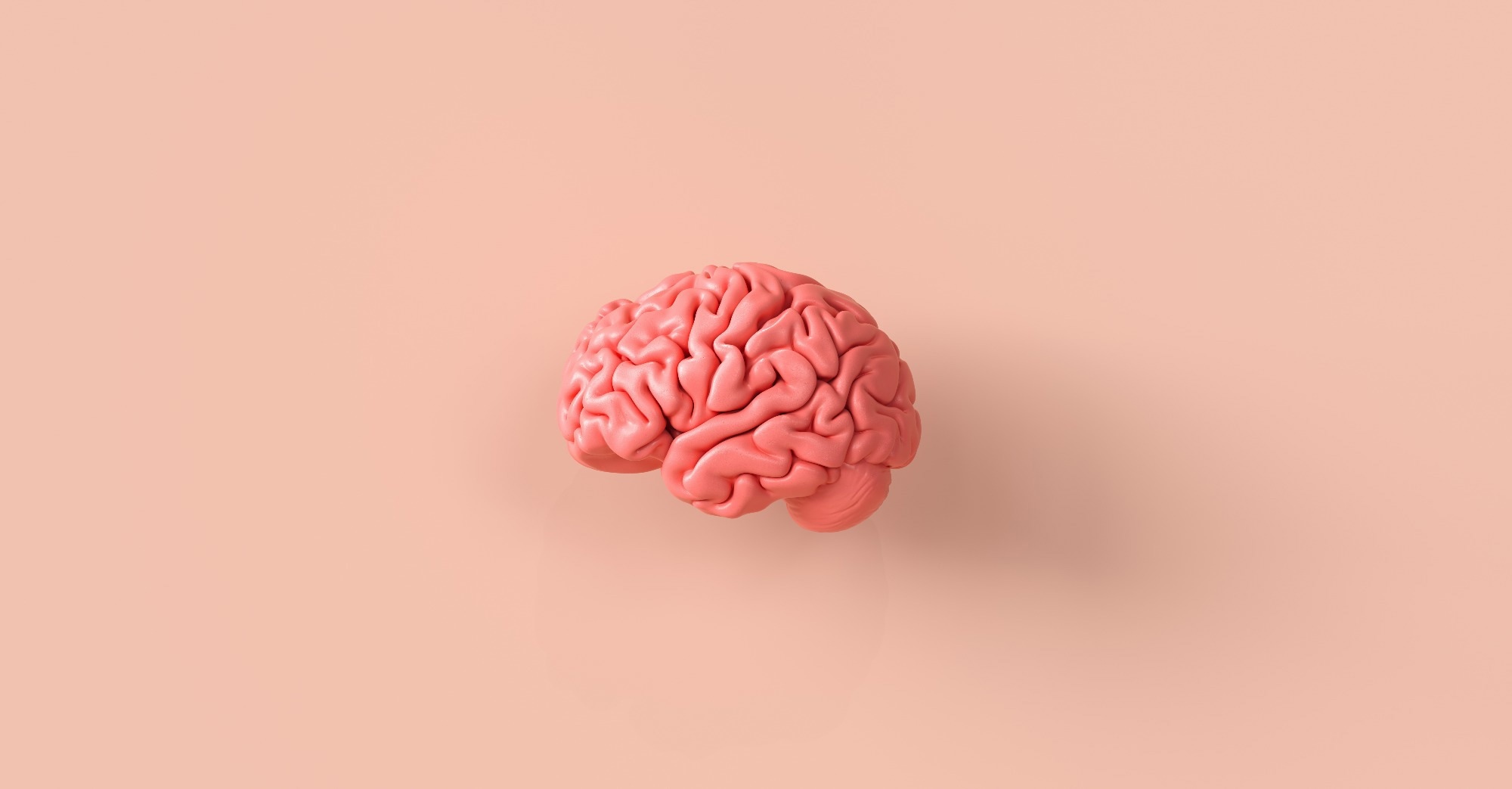Researchers at the University of California, San Diego, have made significant strides in understanding the aging process of brain cells. They have discovered that certain brain cells age faster than others and are found in higher numbers in individuals with Alzheimer’s disease.
 Image Credit: r.classen/Shutterstock.com
Image Credit: r.classen/Shutterstock.com
Additionally, the team identified sex-specific differences in brain cell aging, noting that females have a higher proportion of "old" oligodendrocytes compared to "old" neurons in the cortex than males.
Introduction of MUSIC Technology
The groundbreaking discoveries were facilitated by a novel technique known as MUSIC (multinucleic acid interaction mapping in single cells). MUSIC enables scientists to delve into individual brain cells and map the interactions between chromatin (the compact form of DNA) and RNA. This technique allows for visualization of these interactions at single-cell resolution and provides insights into their influence on gene expression.
The detailed findings of this research were published in the journal Nature.
“MUSIC is a powerful tool that can allow us to dig deeper into the complexities of Alzheimer’s disease,” stated Sheng Zhong, the senior author of the study and a professor in the Shu Chien-Gene Lay Department of Bioengineering at UC San Diego Jacobs School of Engineering. “The technology has the potential to help us uncover novel molecular mechanisms underlying Alzheimer’s pathology, which could pave the way for more targeted therapeutic interventions and improved patient outcomes.”
The Complex Interactions Within Brain Cells
The human brain is composed of a vast network of cells that engage in complex communication and interactions. Within each cell, genetic components such as chromatin and RNA interact dynamically, regulating vital cellular functions. As brain cells mature and age, these interactions evolve, and their patterns can vary significantly among different cell types, especially in mature cells. However, understanding these intricate interactions has been a significant challenge.
MUSIC provides a sophisticated method to examine the internal workings of individual brain cells. Using this technique, Zhong’s team analyzed postmortem brain samples from 14 donors aged 59 and older, some of whom had Alzheimer’s disease.
The study focused on human frontal cortex tissues and revealed distinct patterns of chromatin and RNA interactions in different brain cell types. Cells with fewer short-range chromatin interactions were more likely to show signs of aging and Alzheimer’s disease.
“With this transformative single-cell technology, we discovered that some brain cells are ‘older’ than others,” explained Zhong. He noted that individuals with Alzheimer’s had a higher proportion of these older brain cells compared to healthy individuals.
Implications for Alzheimer’s Treatment
The researchers believe this discovery could be pivotal in developing new treatments for Alzheimer’s disease. “If we could identify the dysregulated genes in these aged cells and understand their functions in the local chromatin structure, we could also identify new potential therapeutic targets,” said Xingzhao Wen, a bioinformatics Ph.D. candidate in Zhong’s lab and co-first author of the study.
The study also highlighted sex-specific differences in brain cell aging. In the cortex of female mice, there was a higher ratio of aged oligodendrocytes to aged neurons. Oligodendrocytes are crucial for providing a protective layer around neurons, and an increased prevalence of aged oligodendrocytes could worsen cognitive decline.
“The disproportionate presence of old oligodendrocytes in the female cortex could shed new light on the increased risks of neurodegenerative and mental disorders observed in women,” said Wen.
Future Directions
The research team aims to further refine the MUSIC technique to identify factors, such as regulatory genes and gene circuits, responsible for the accelerated aging of specific brain cells. “Subsequently, we will devise strategies to impede the activity of these genes or circuits, in the hopes of mitigating brain aging,” Zhong added.